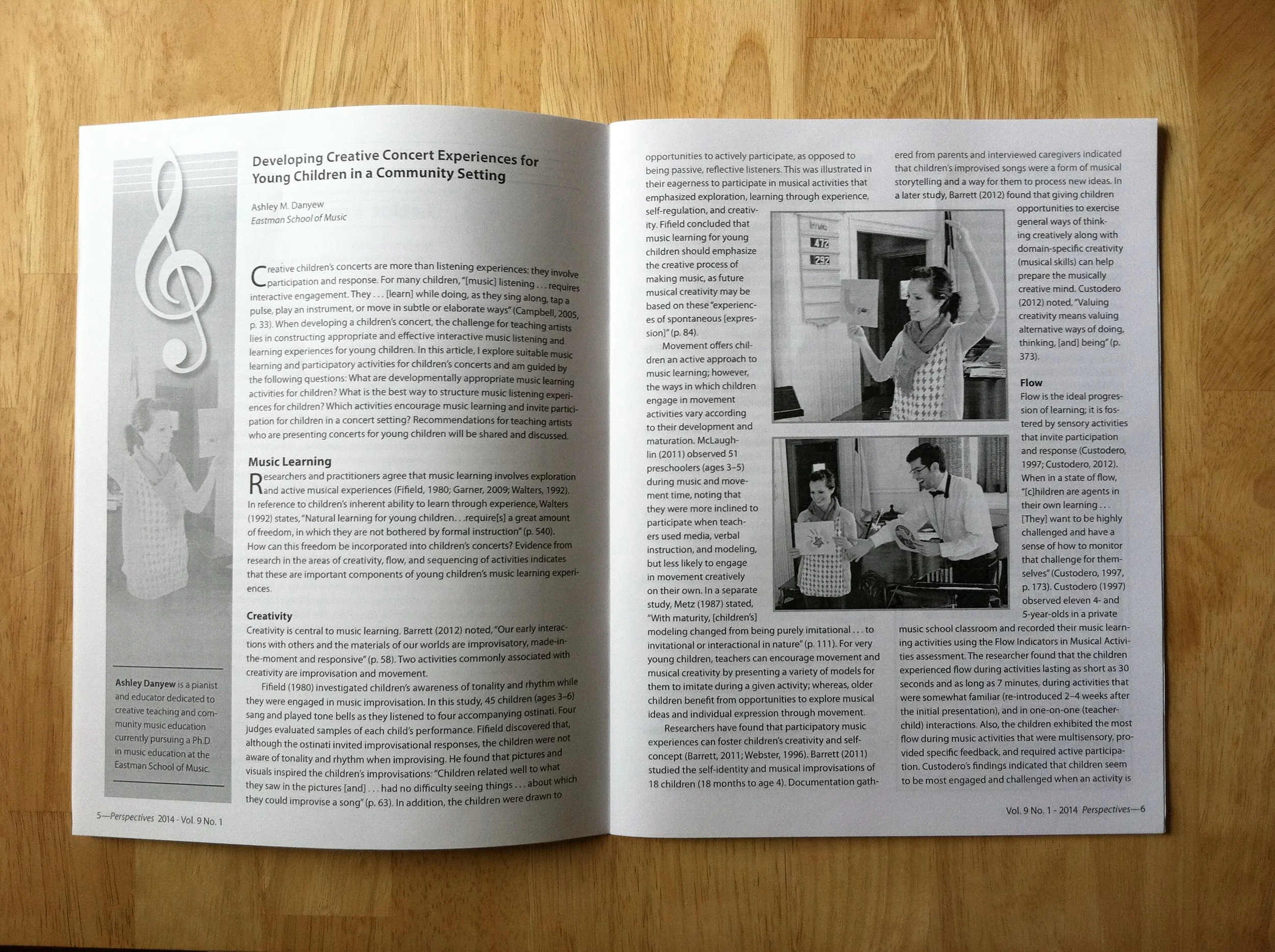Welcome back to the third post in my "Taxes for Freelancers" mini series (be sure to read Part I and Part II, if you missed them!).
Today, I want to share a bit about my process for staying organized and keeping good records throughout the year. This is essential for making sure tax season goes smoothly!
One thing that helps me stay organized is setting aside a few hours each month to work through a list of business to-dos (inspired by this post).
On the first Friday of each month, I spend a few hours organizing my records from the previous month, checking in on my financial goals, and preparing for the month ahead (make invoices, schedule blog posts, etc.).
Here is my monthly checklist:
FINANCIAL
Schedule credit card payment(s)
Buy Roth IRA mutual funds (set monthly amount)
Make loan payment (set monthly amount)
Review bank statements from this month*
*Other monthly investments and savings are automatic
SD and I set financial goals at the beginning of the year with monthly investment amounts. It's rewarding to see our progress month by month! In addition, I feel more productive and organized when I do all of these more administrative tasks at one time (instead of remembering to pay bills at different times each month).
BUSINESS
Create studio invoices for next month
Write and schedule invoice emails (thank you, Boomerang!)
Record income and mileage for this month in studio budget
Deposit checks
File receipts (I sort mine into categories: Business Travel, Meals, Professional Development, and Business Expenses)
Print assignment sheets for lessons next month
Pay estimated taxes (federal, state) [quarterly]
As a teacher, music director, and full-time student, it helps me to step back every few weeks and evaluate my business as a whole, reflect on my teaching, and plan ahead. Setting aside part of a day each month keeps me accountable in those tasks that can easily be overlooked (e.g. filing receipts, tracking mileage, and setting aside estimated tax).
PERSONAL
Plan blog calendar for next month (I love this one from Em for Marvelous!)
Run computer backup
Back up iPhone photos [quarterly]
Some of the things on this list help me stay on track with my monthly goals, as well (bonus!).
The real secret? Organize and keep records as you go.
1. Report your income and expenses in a spreadsheet each month.
2. File your receipts every few weeks.
3. Tally your business travel receipts when you get home from your trip.
4. Keep a separate bank account for estimated tax money.
5. Keep a little notebook in your glove compartment to document mileage.
Have other creative ideas for staying organized and keeping good records throughout the year? Leave a comment below - I'd love to hear!
Previously:
Taxes for Freelancers - Part I
Taxes for Freelancers - Part II





 Last week, I had the opportunity to attend a masterclass presented by Graham Johnson at Eastman. What a privilege to learn from someone so wise and with so much experience! Eastman students performed eight songs of Schumann and Brahms (one by Schubert). Graham Johnson's perspective on music and performance was inspiring and enlightening.
Last week, I had the opportunity to attend a masterclass presented by Graham Johnson at Eastman. What a privilege to learn from someone so wise and with so much experience! Eastman students performed eight songs of Schumann and Brahms (one by Schubert). Graham Johnson's perspective on music and performance was inspiring and enlightening.















